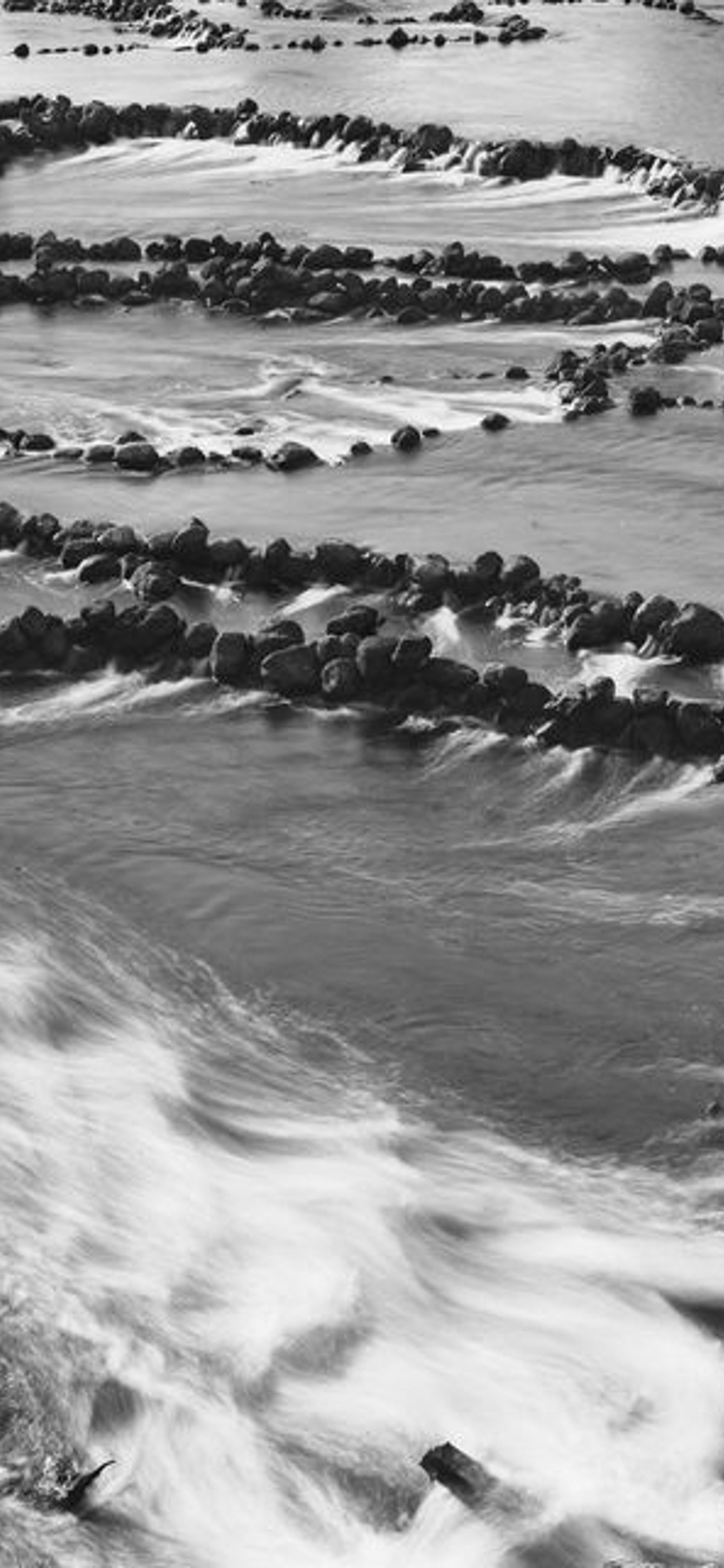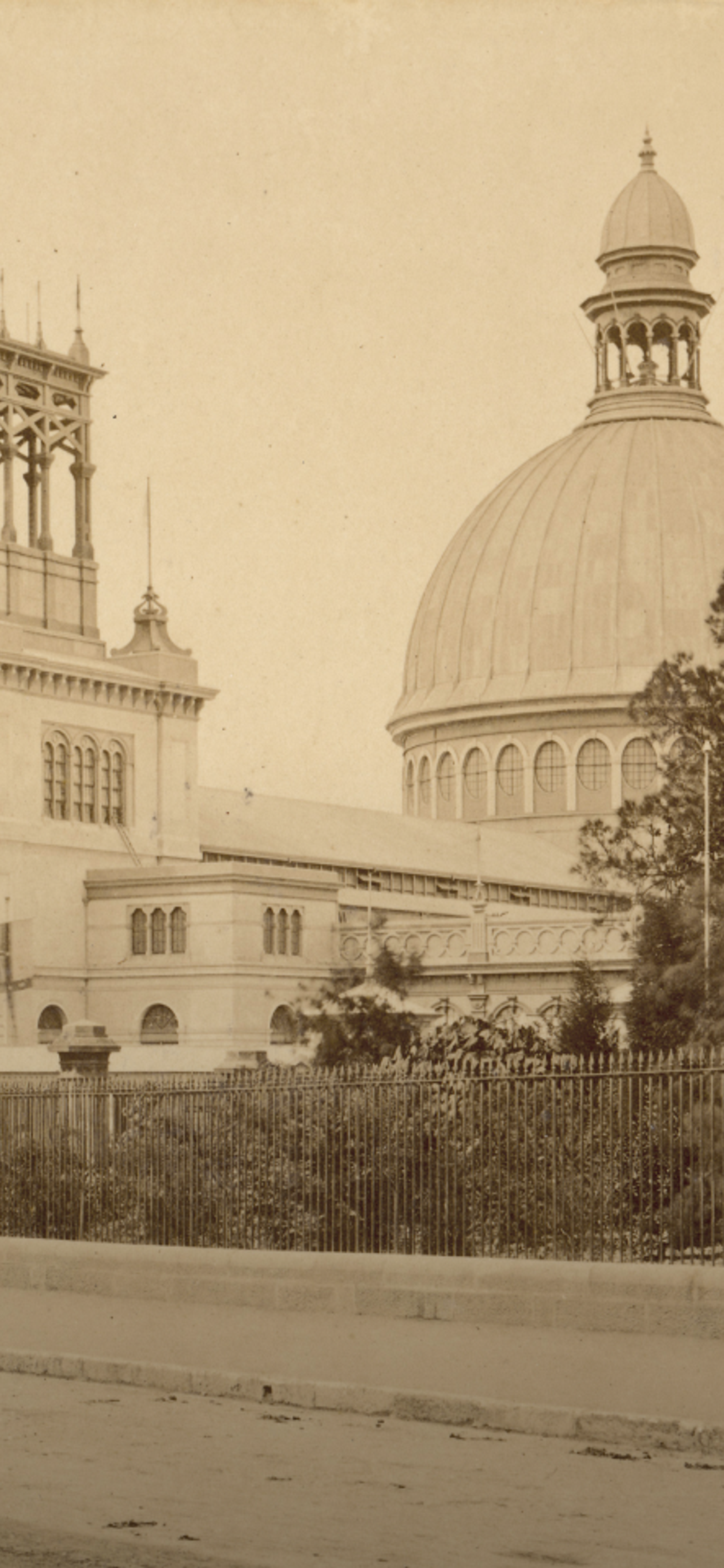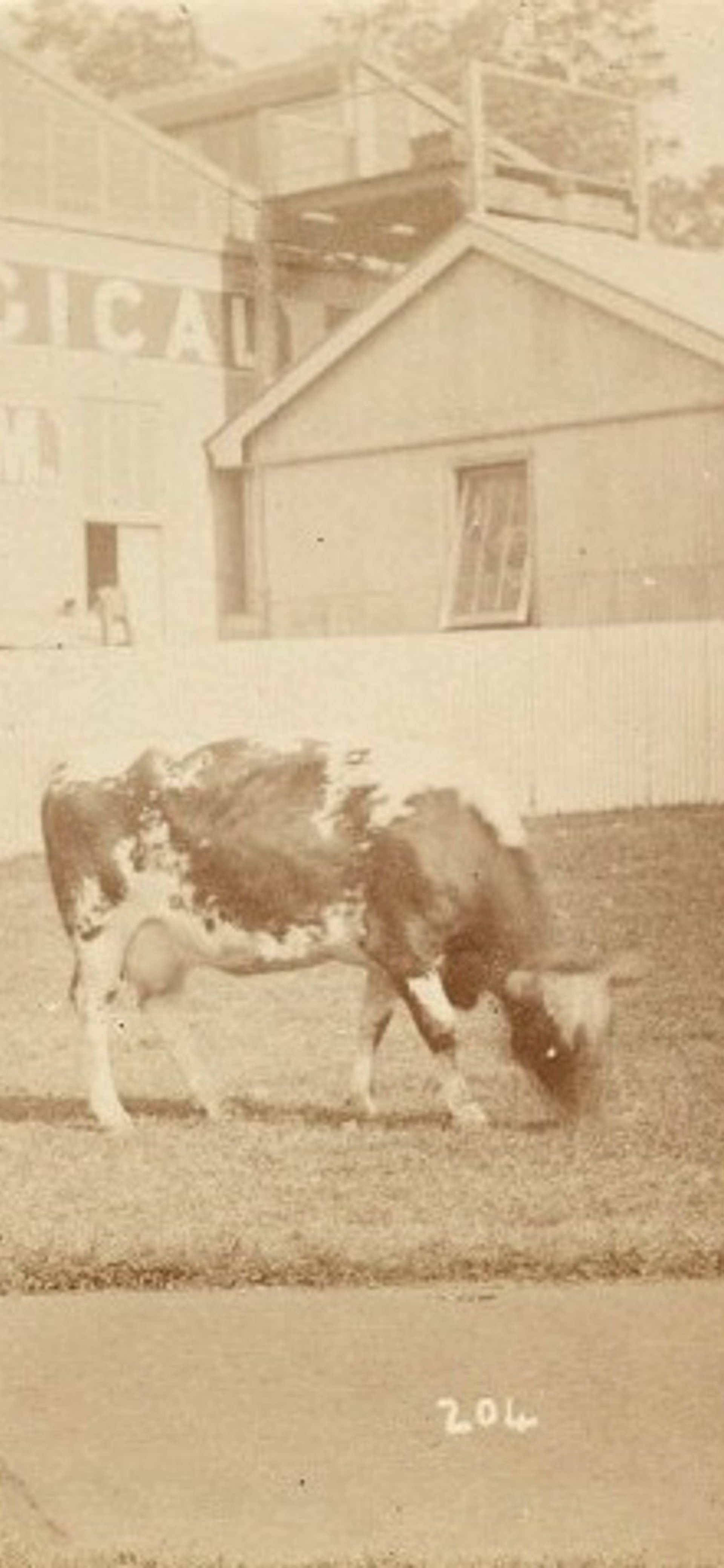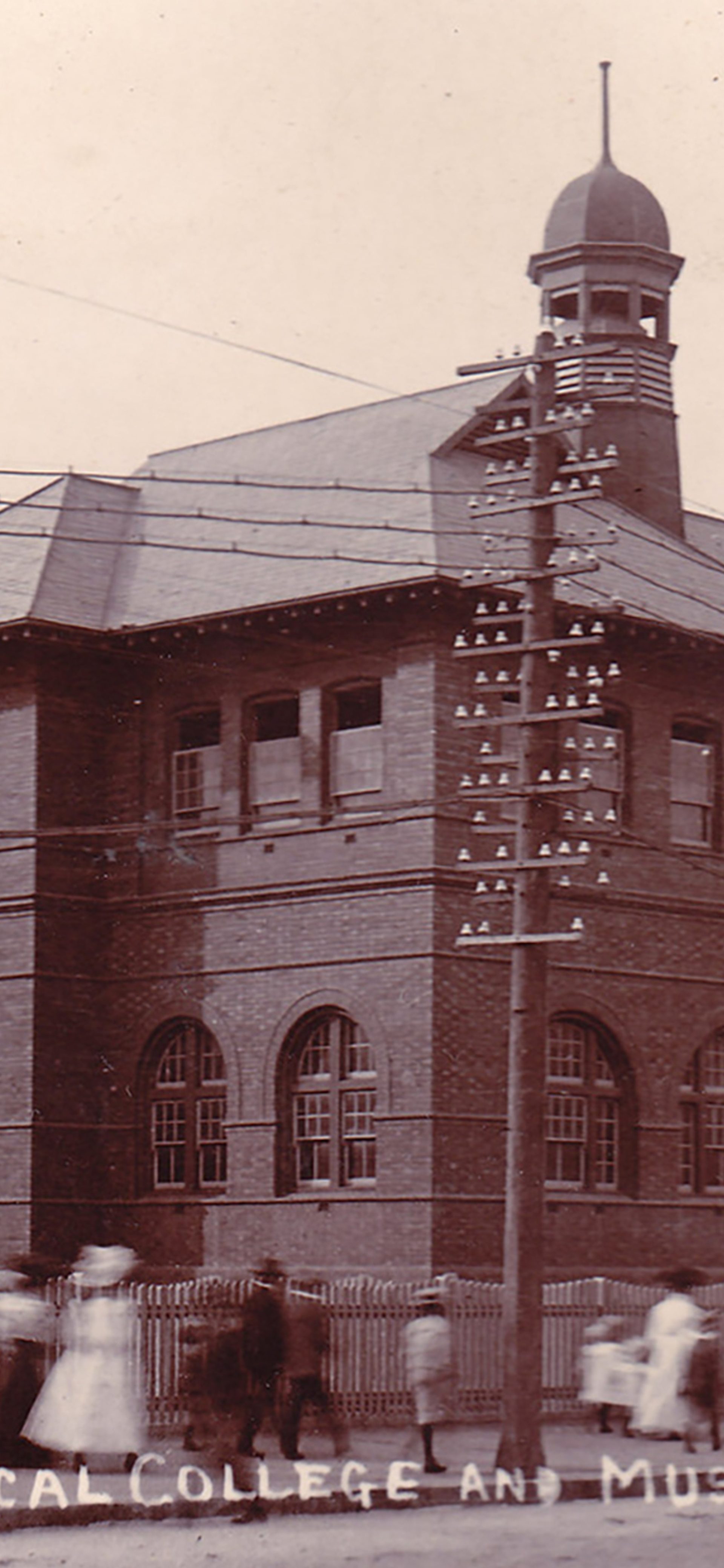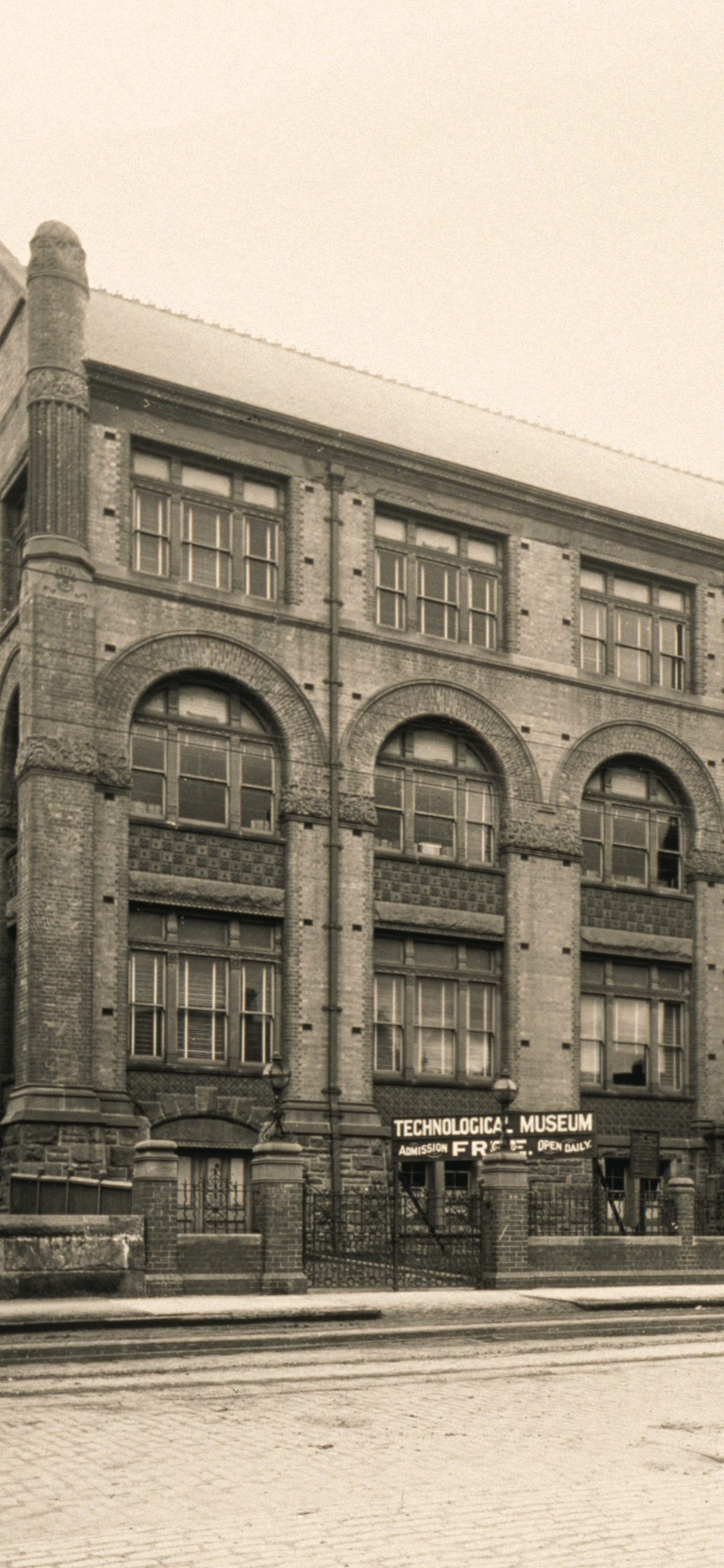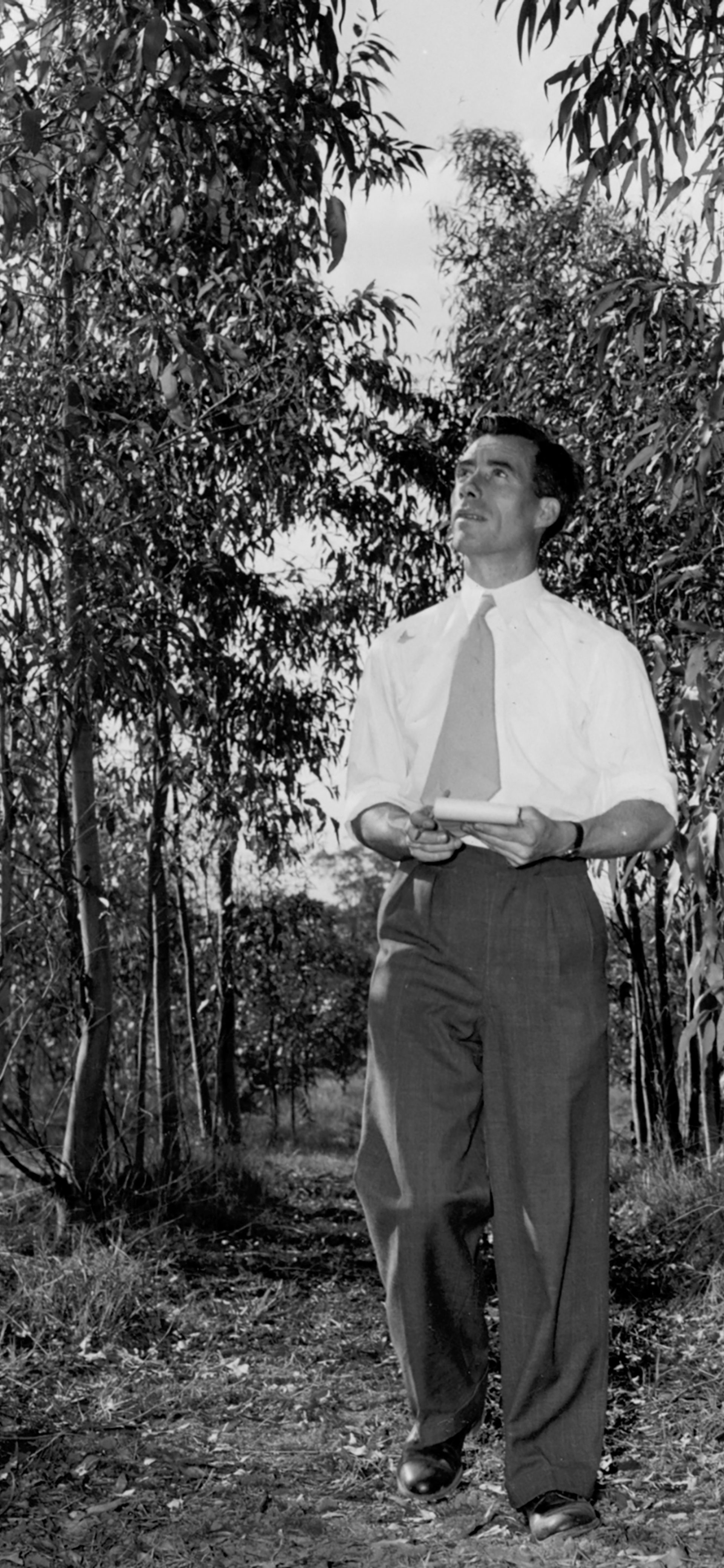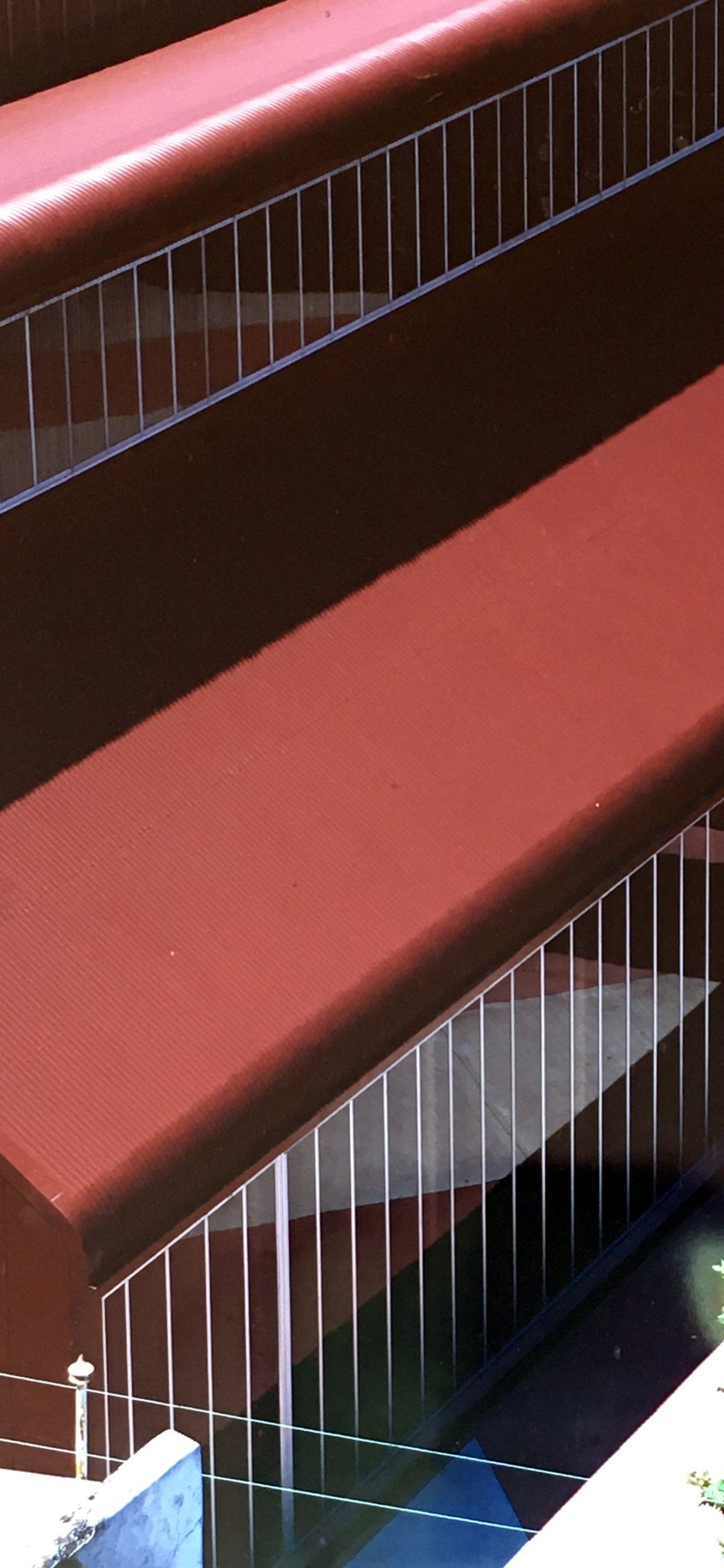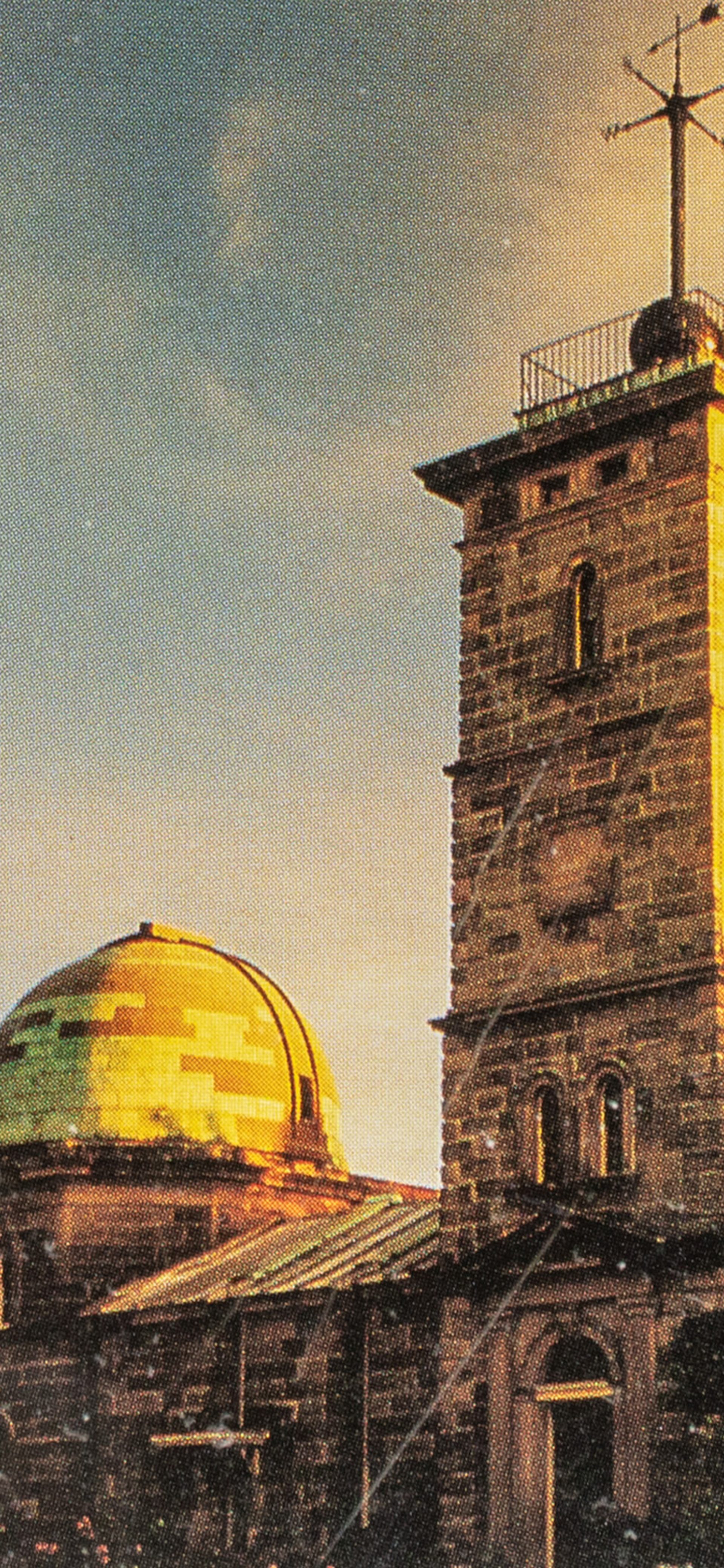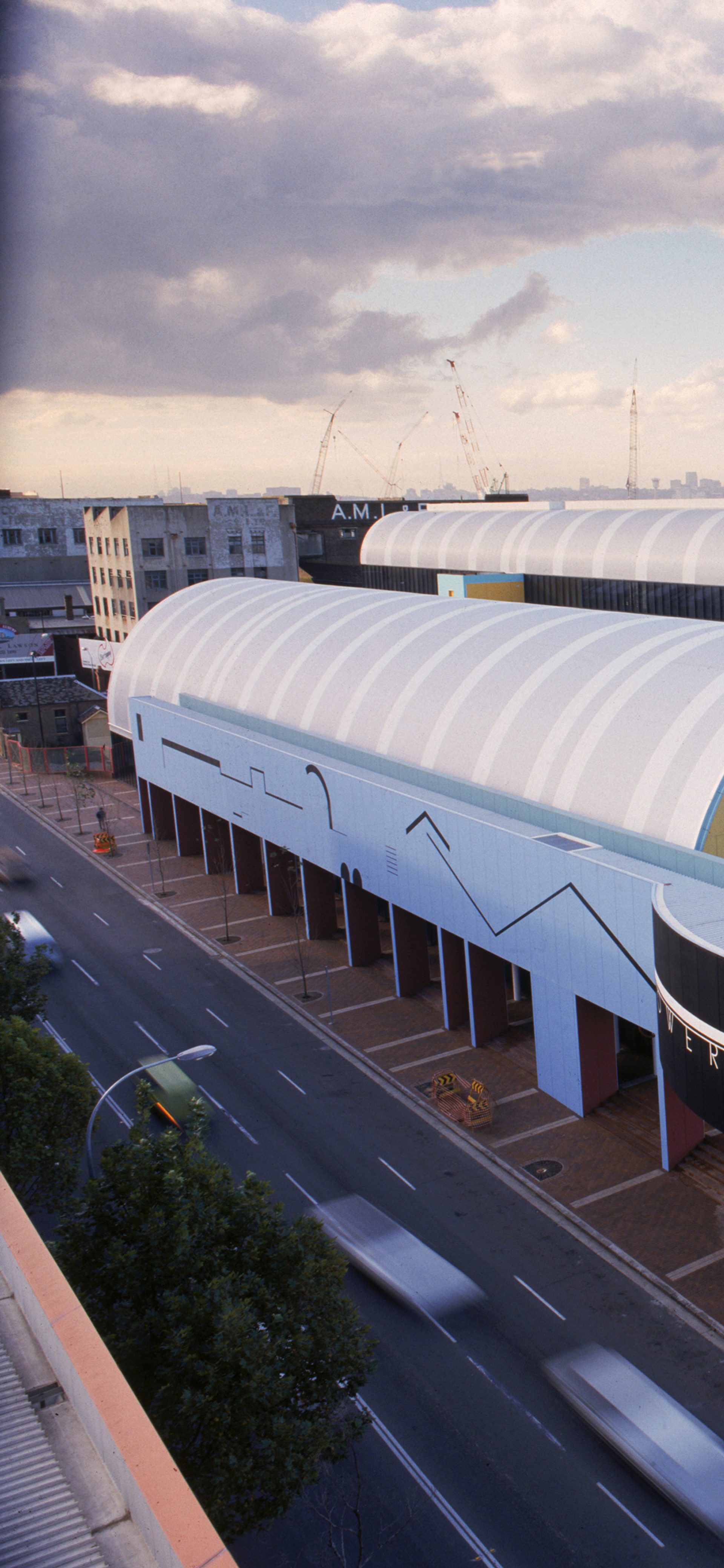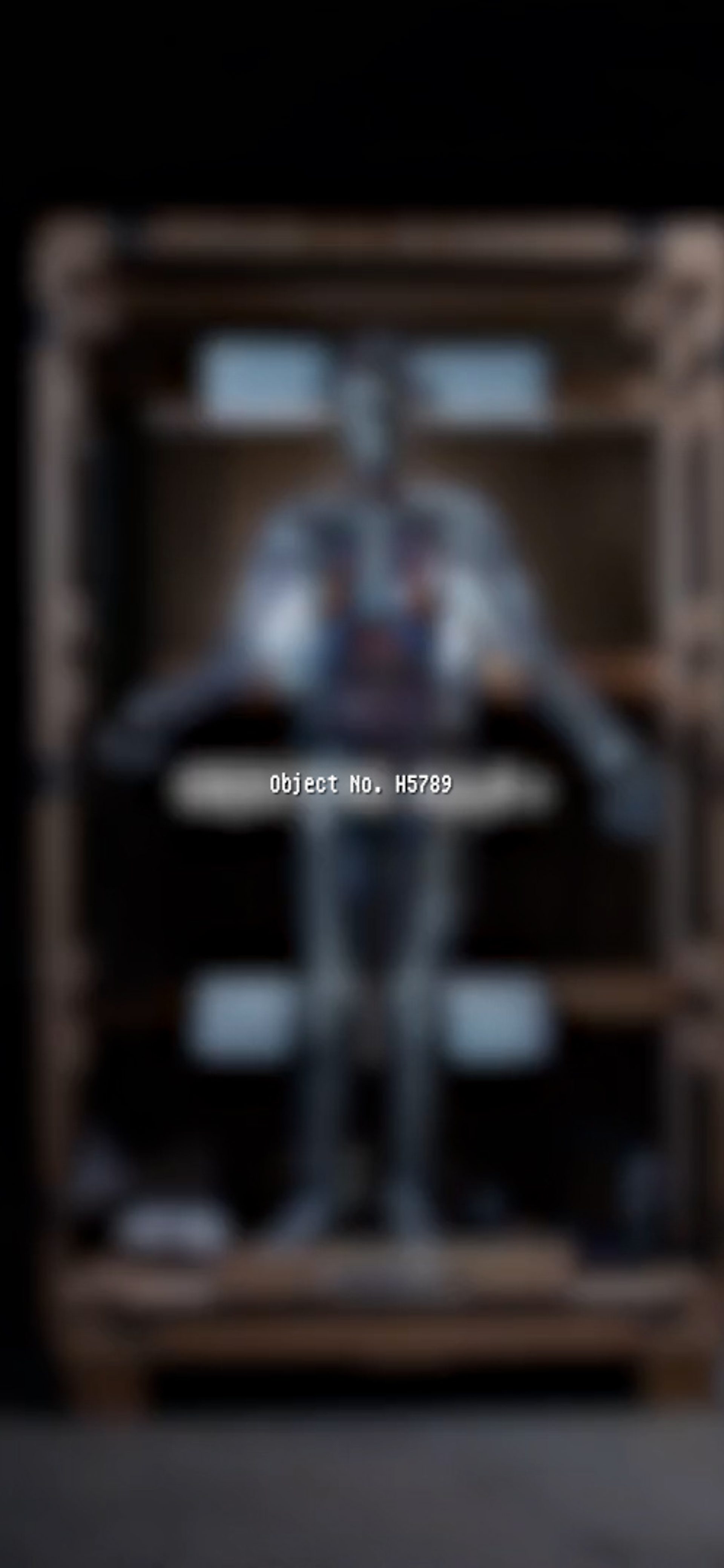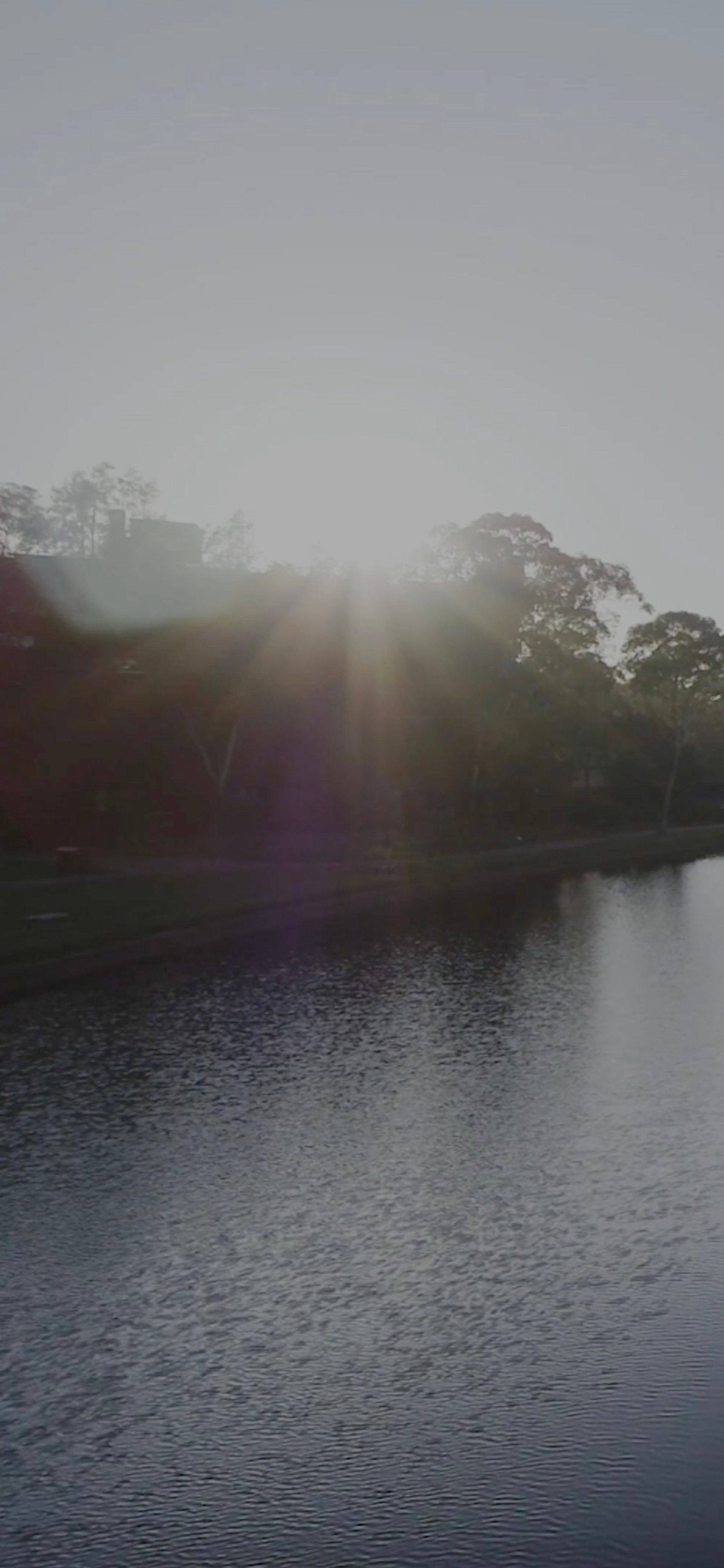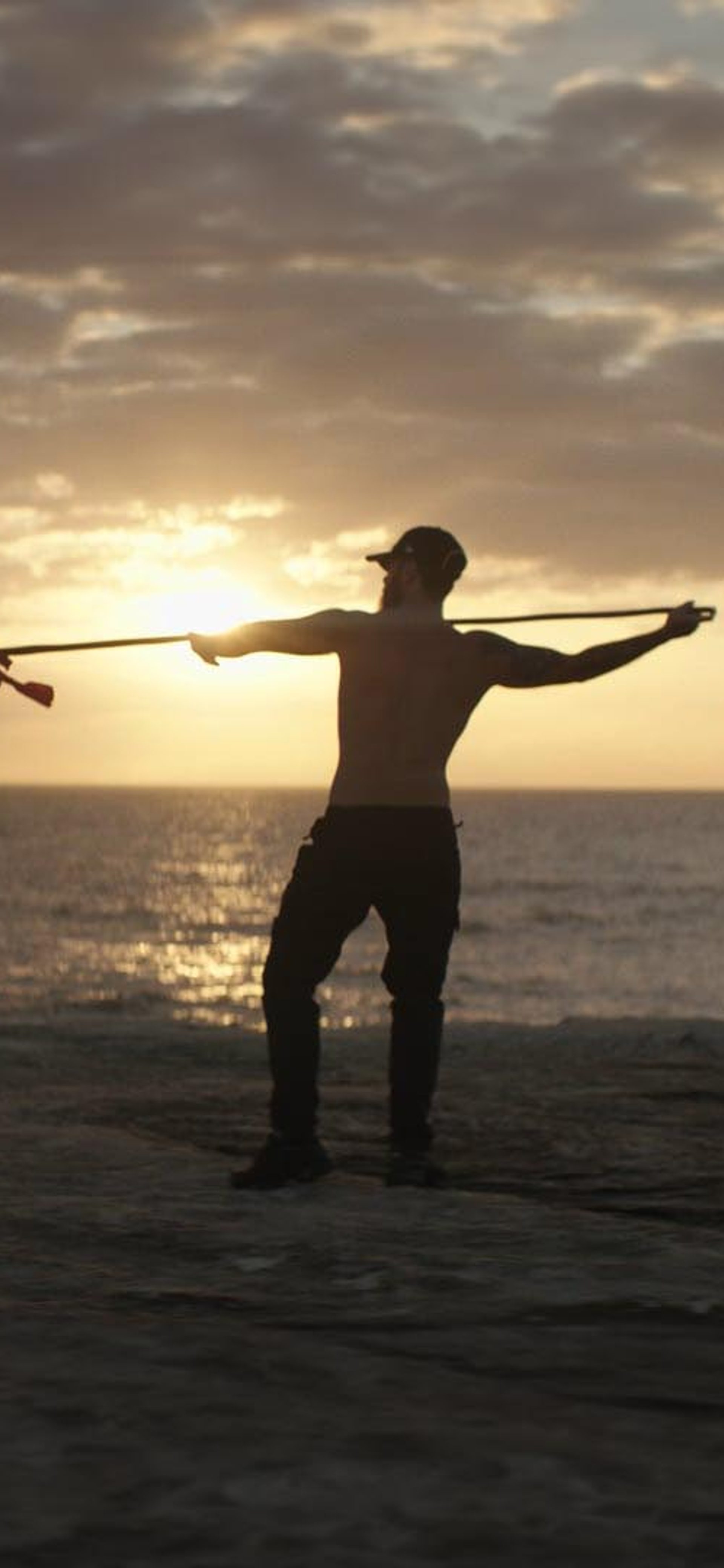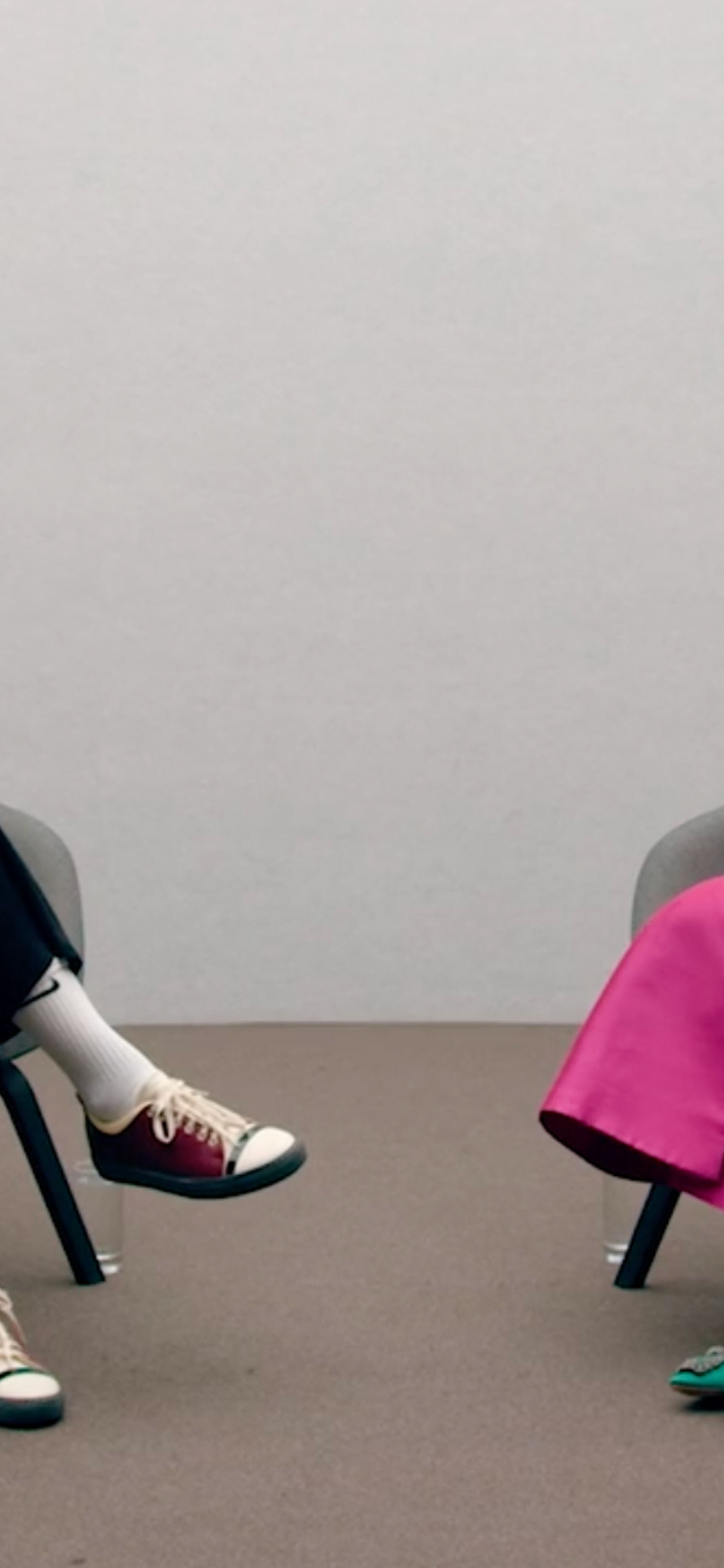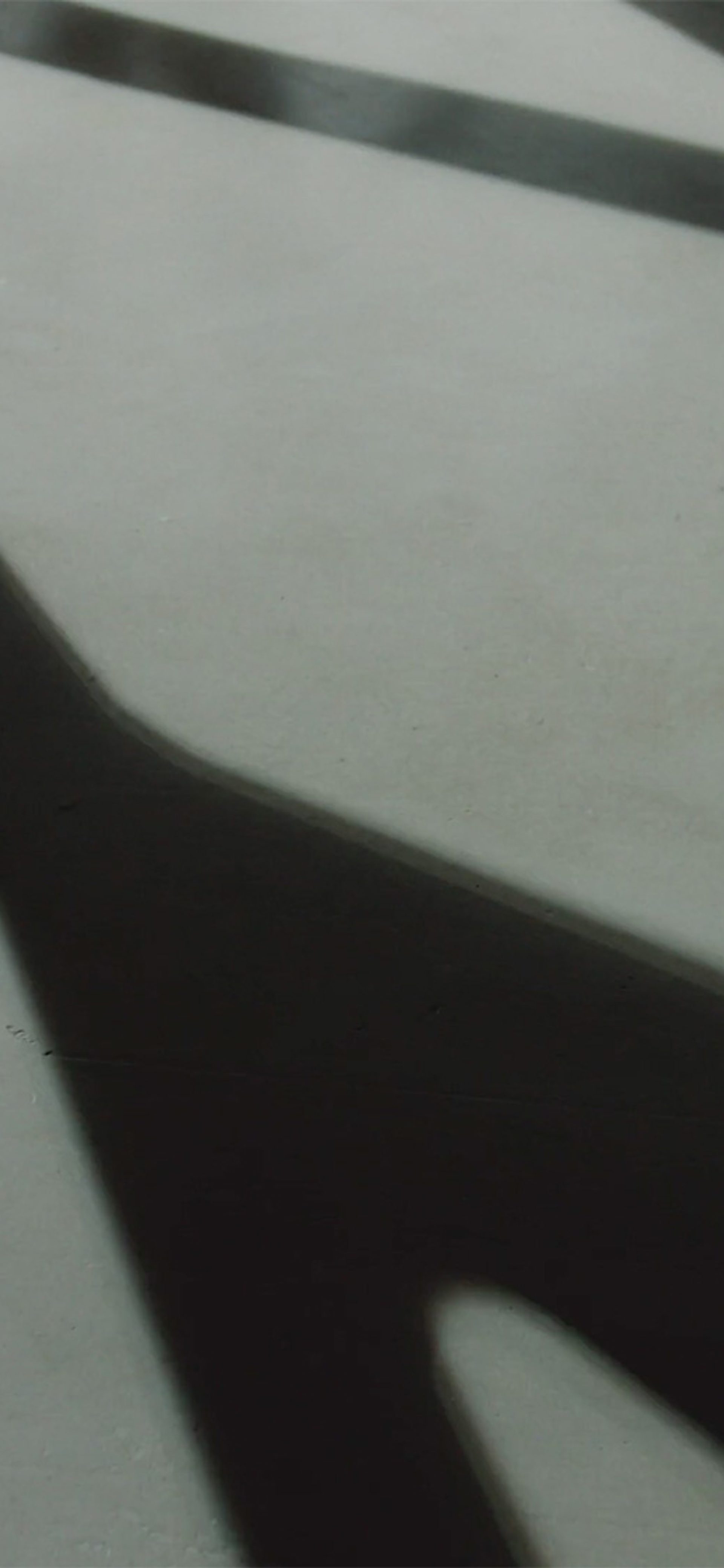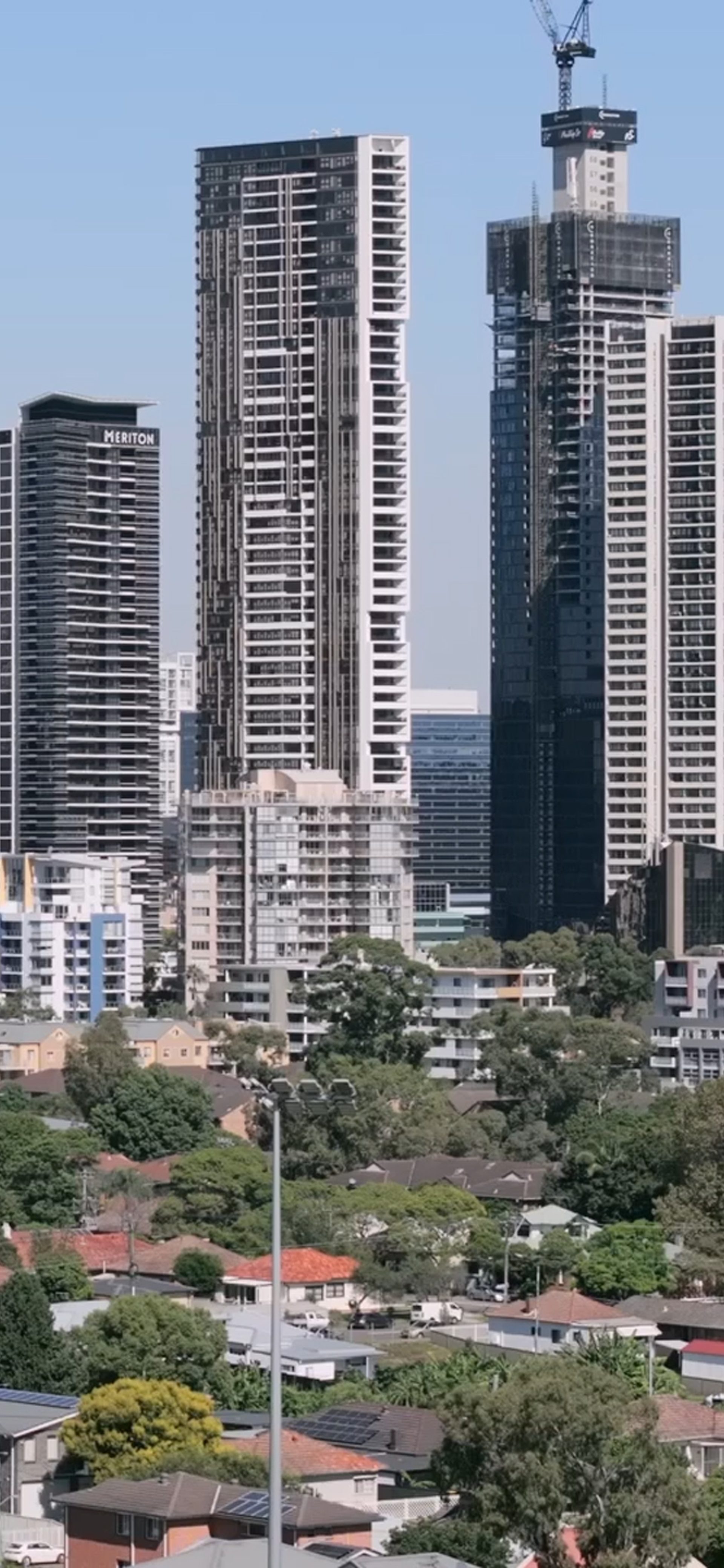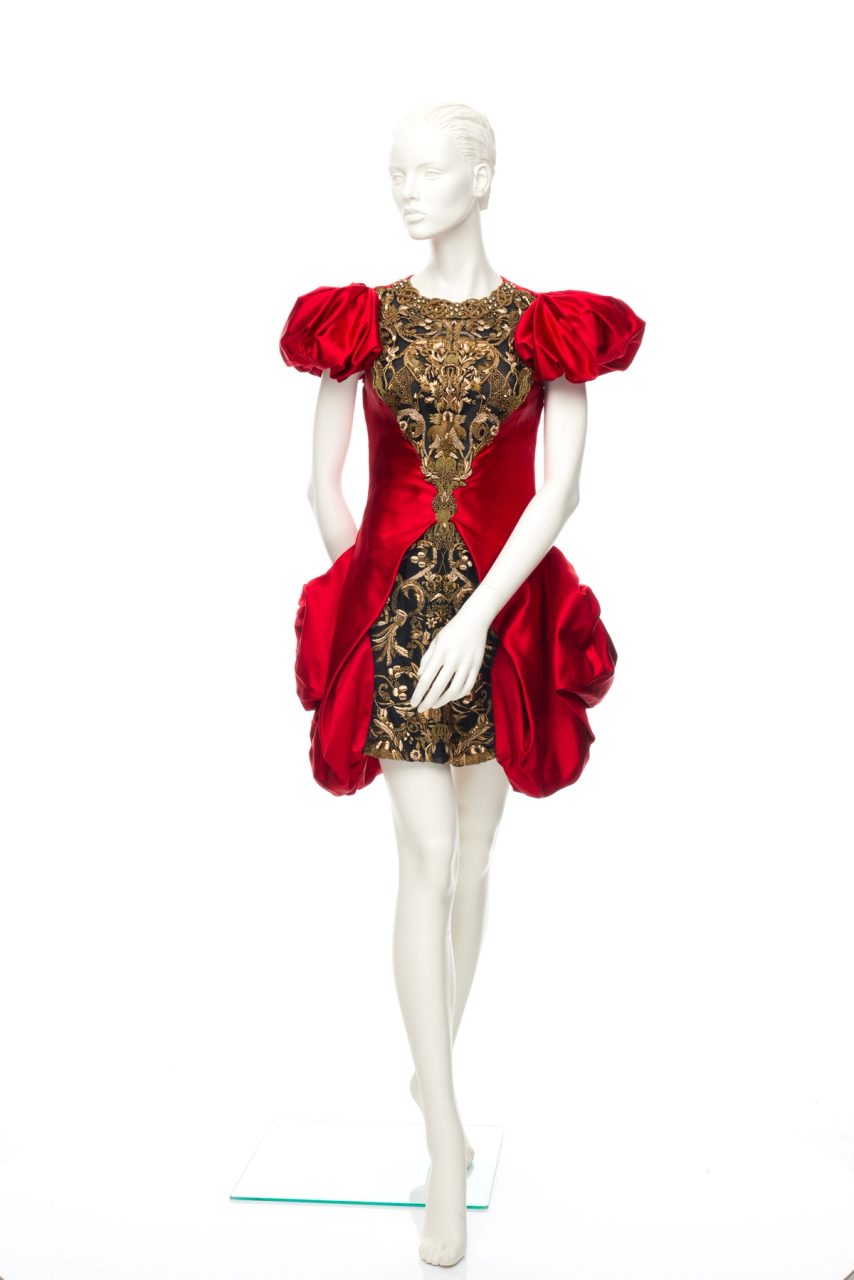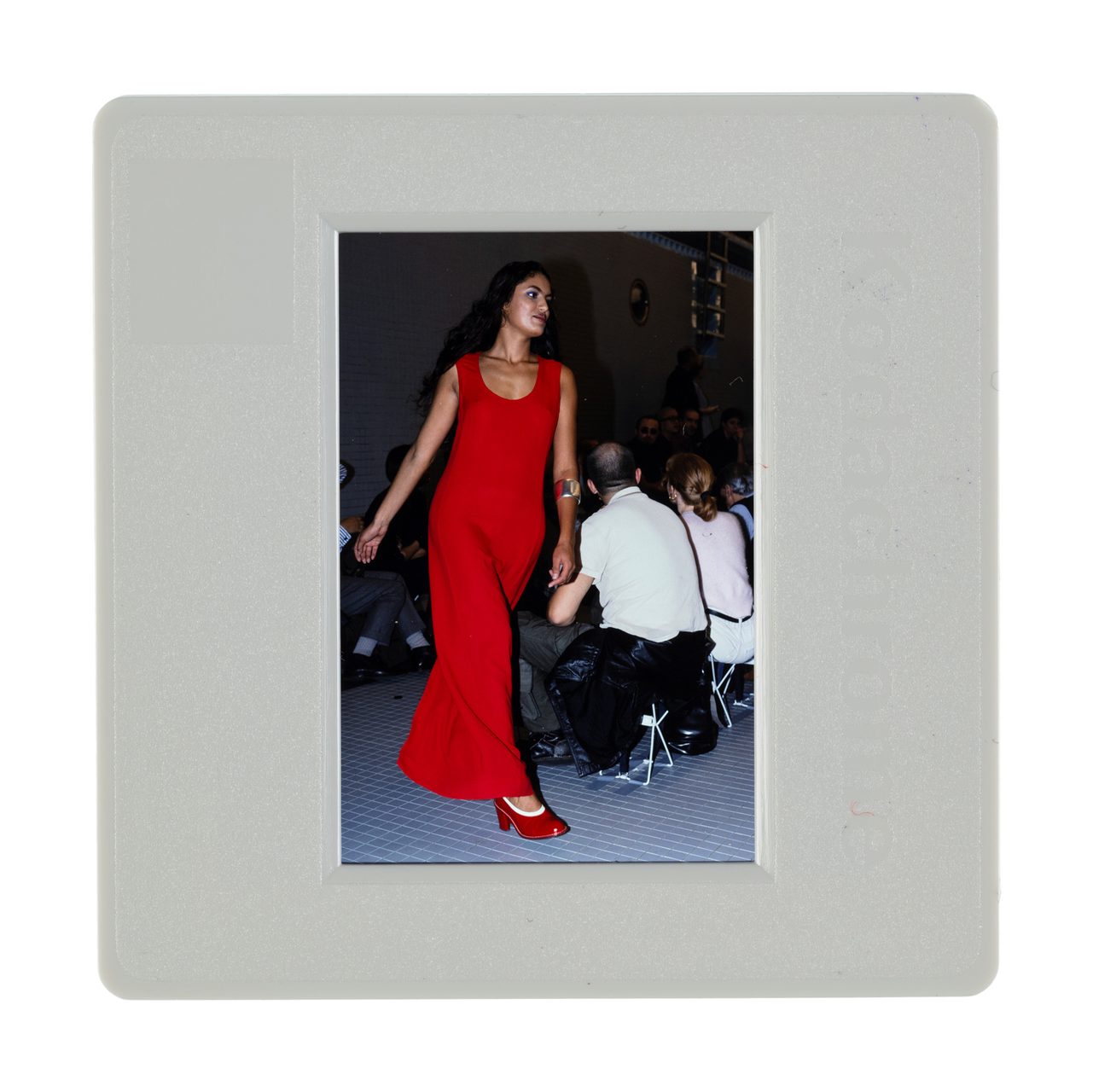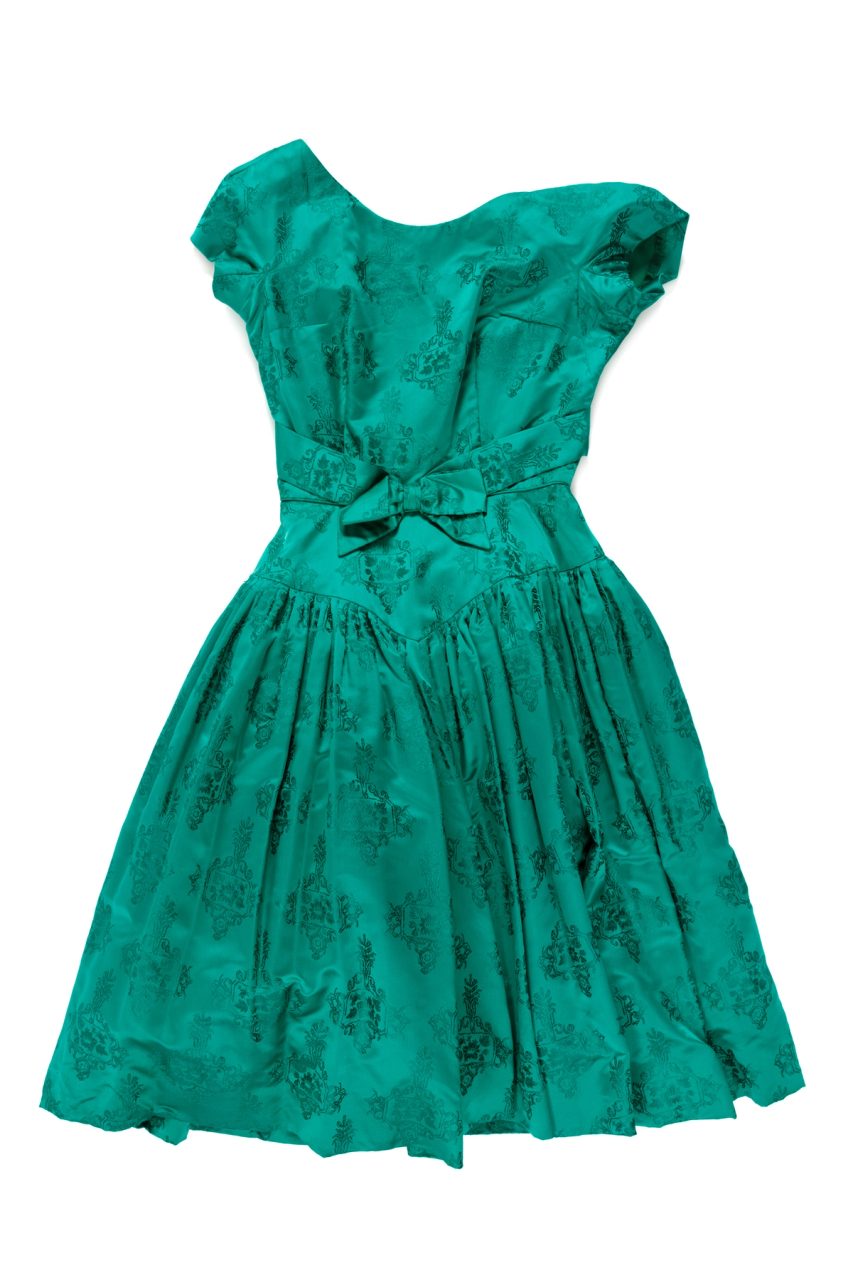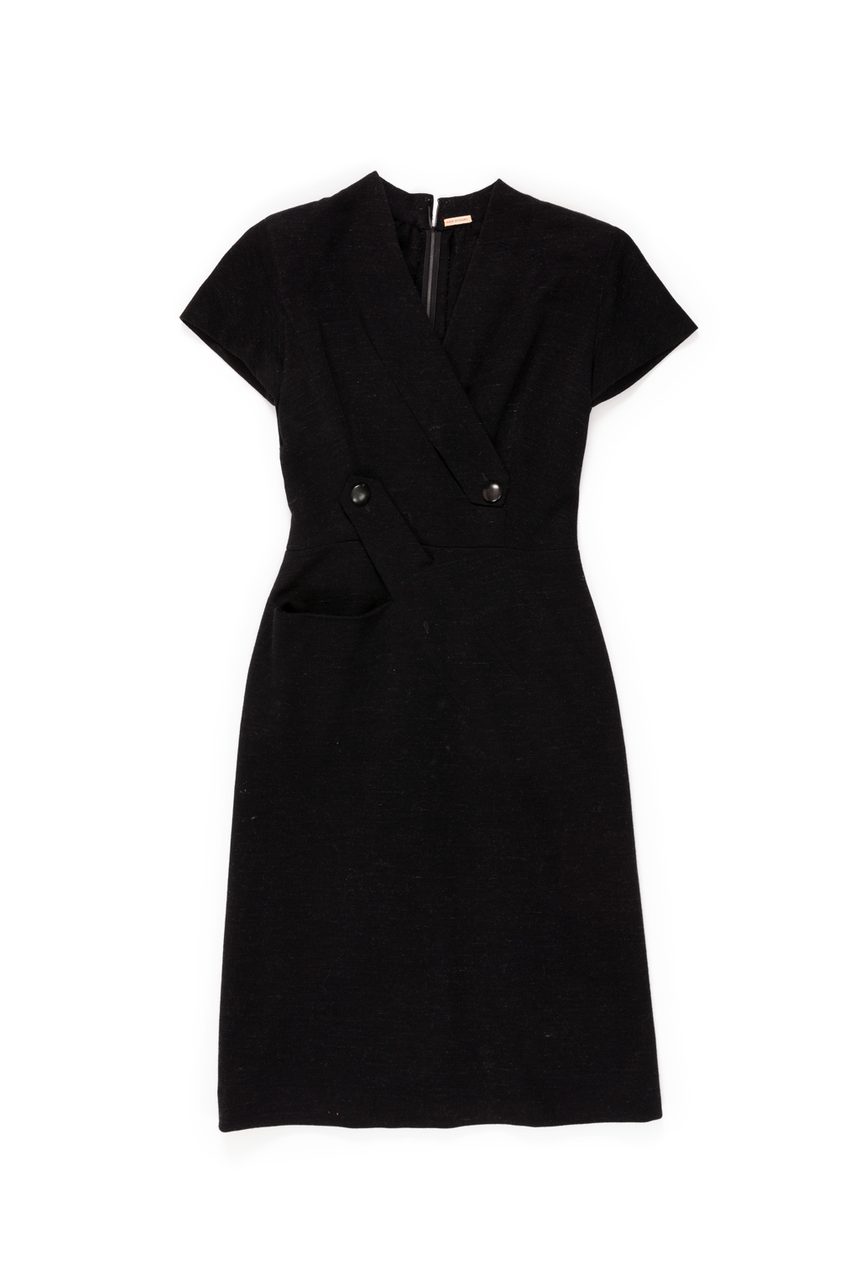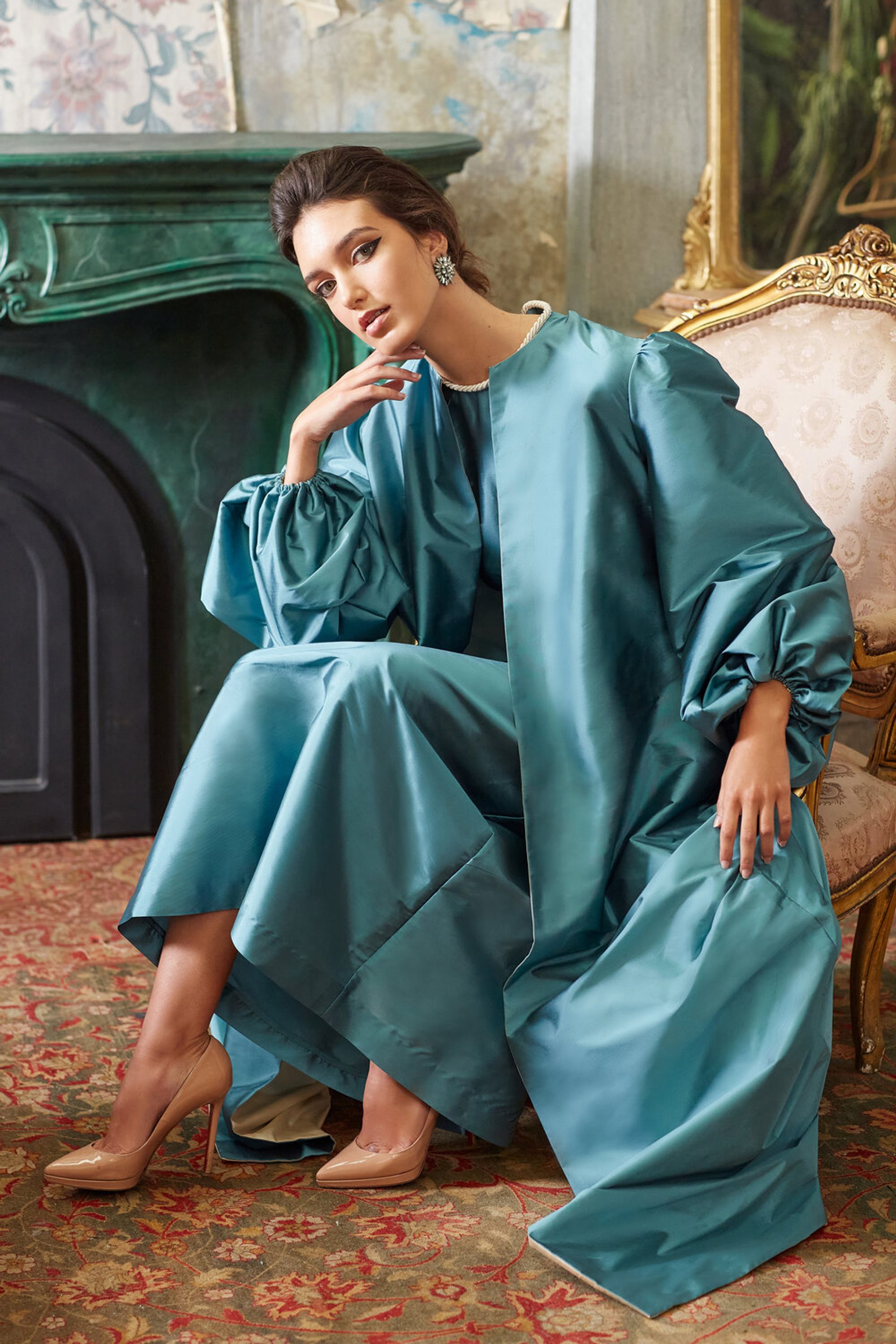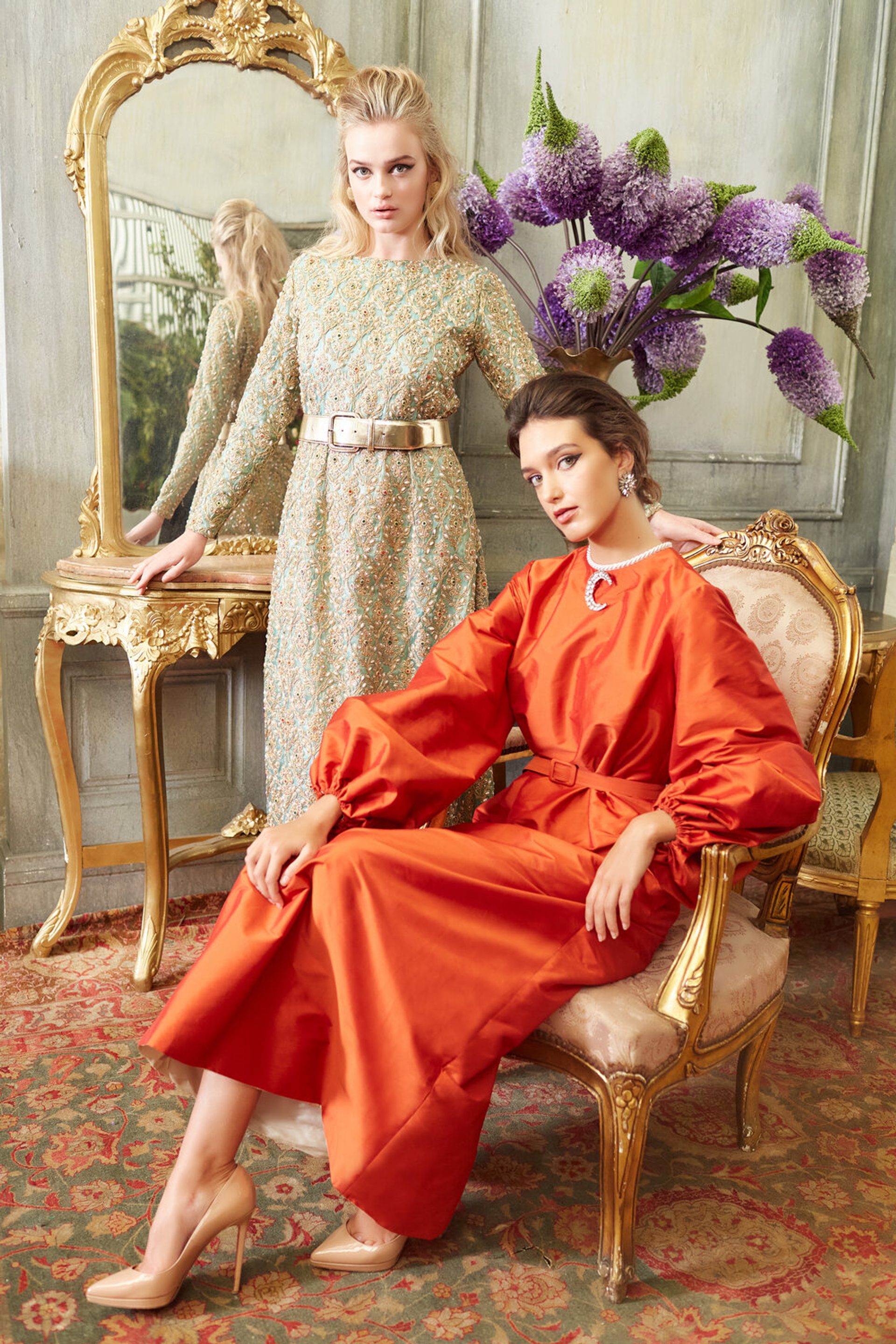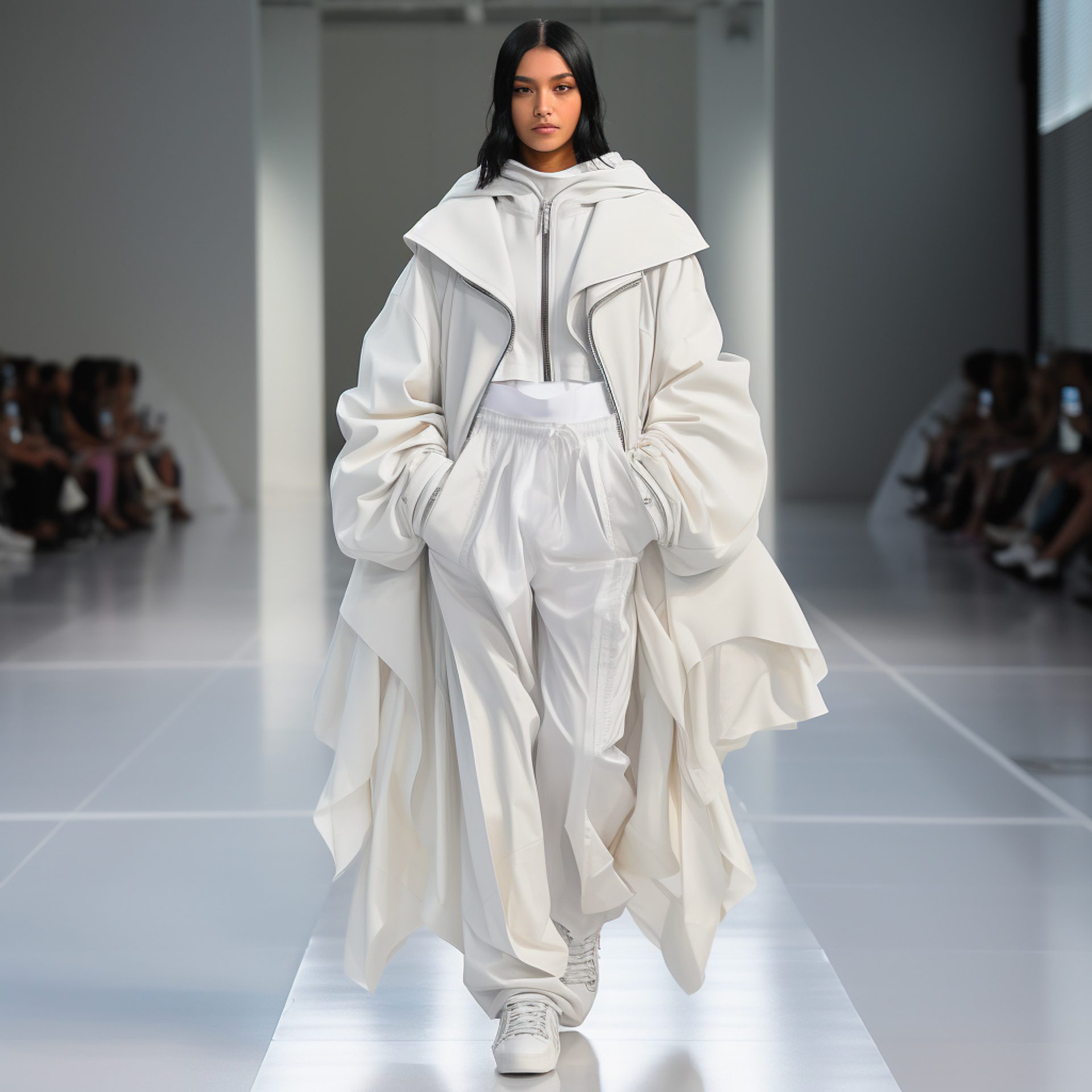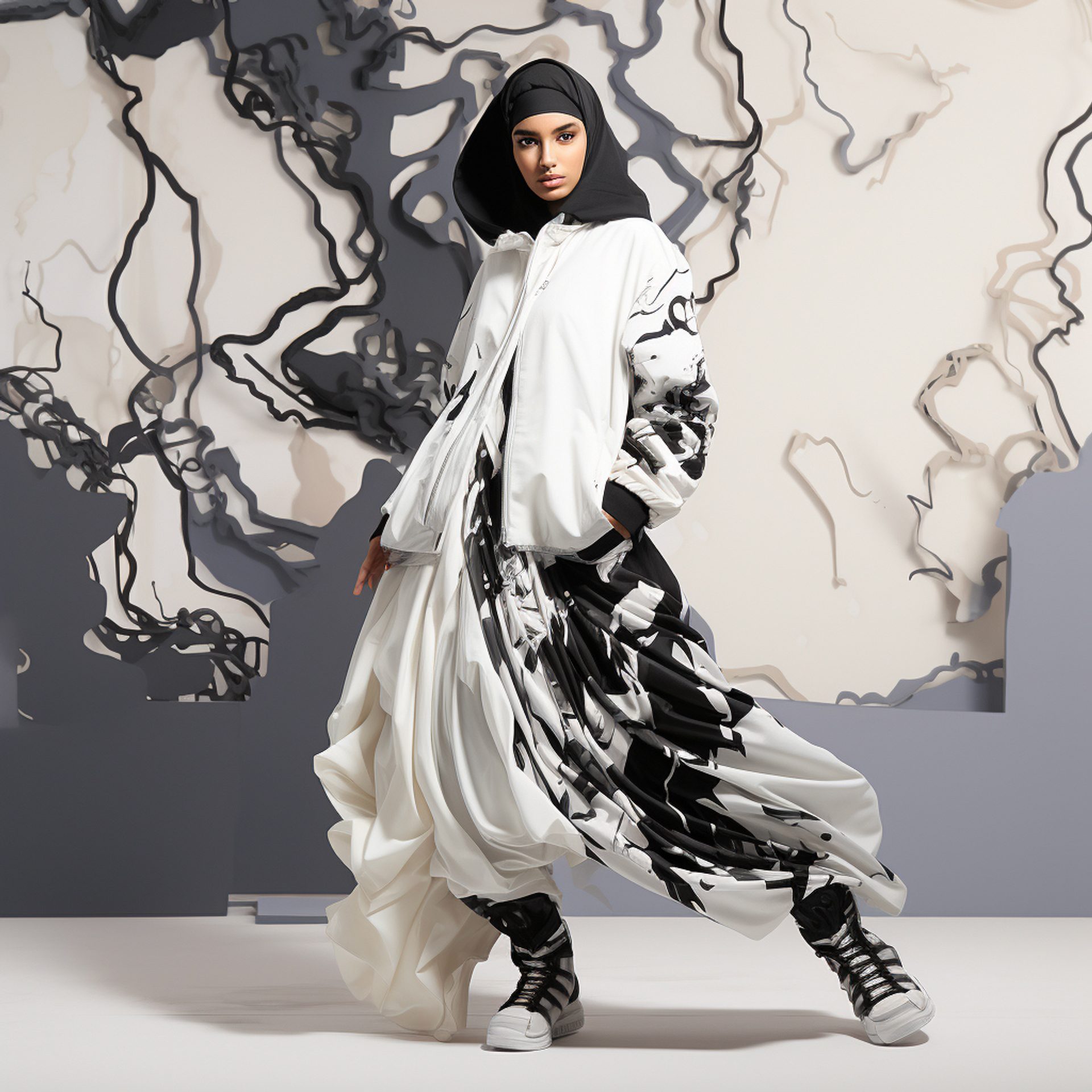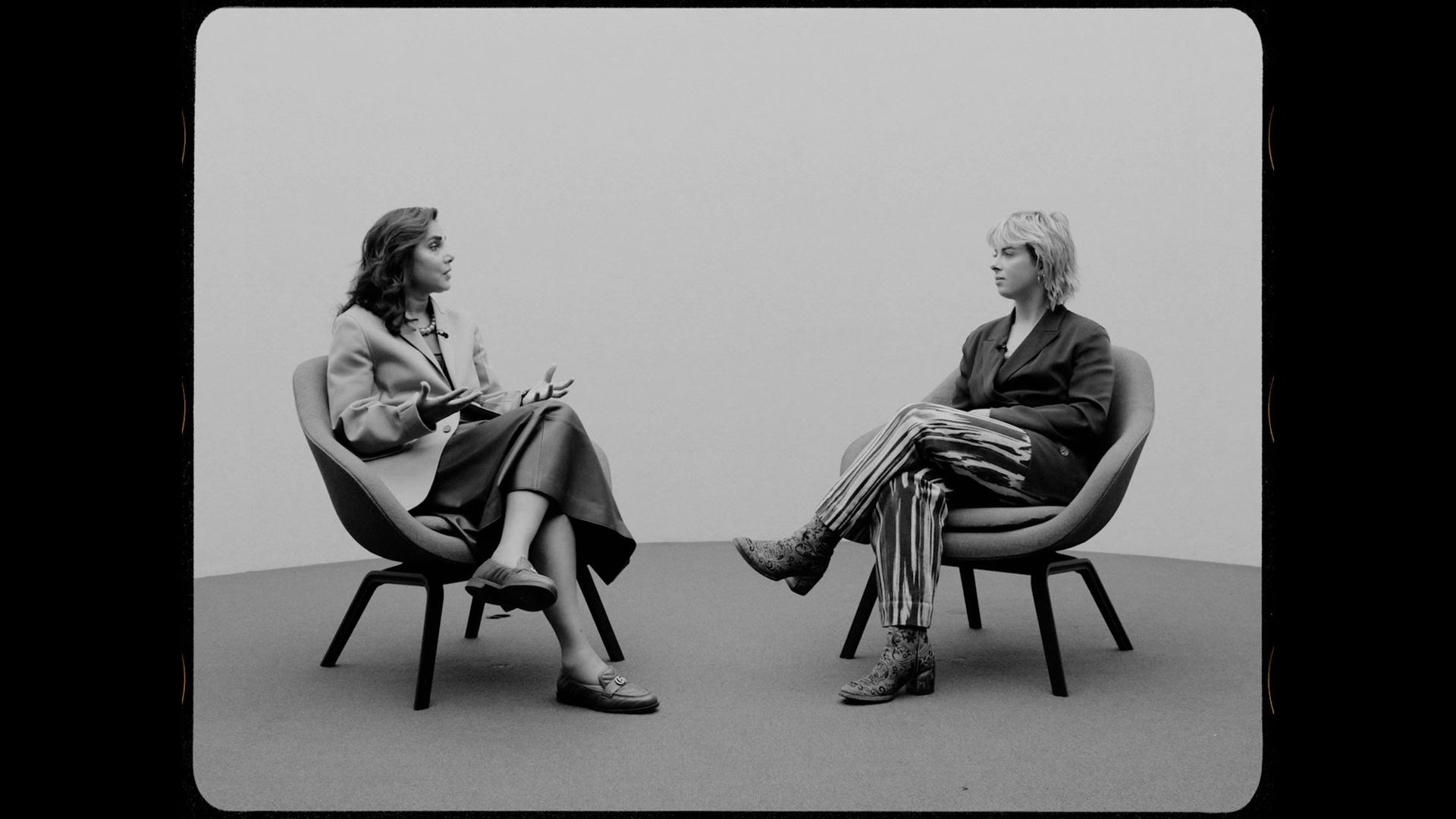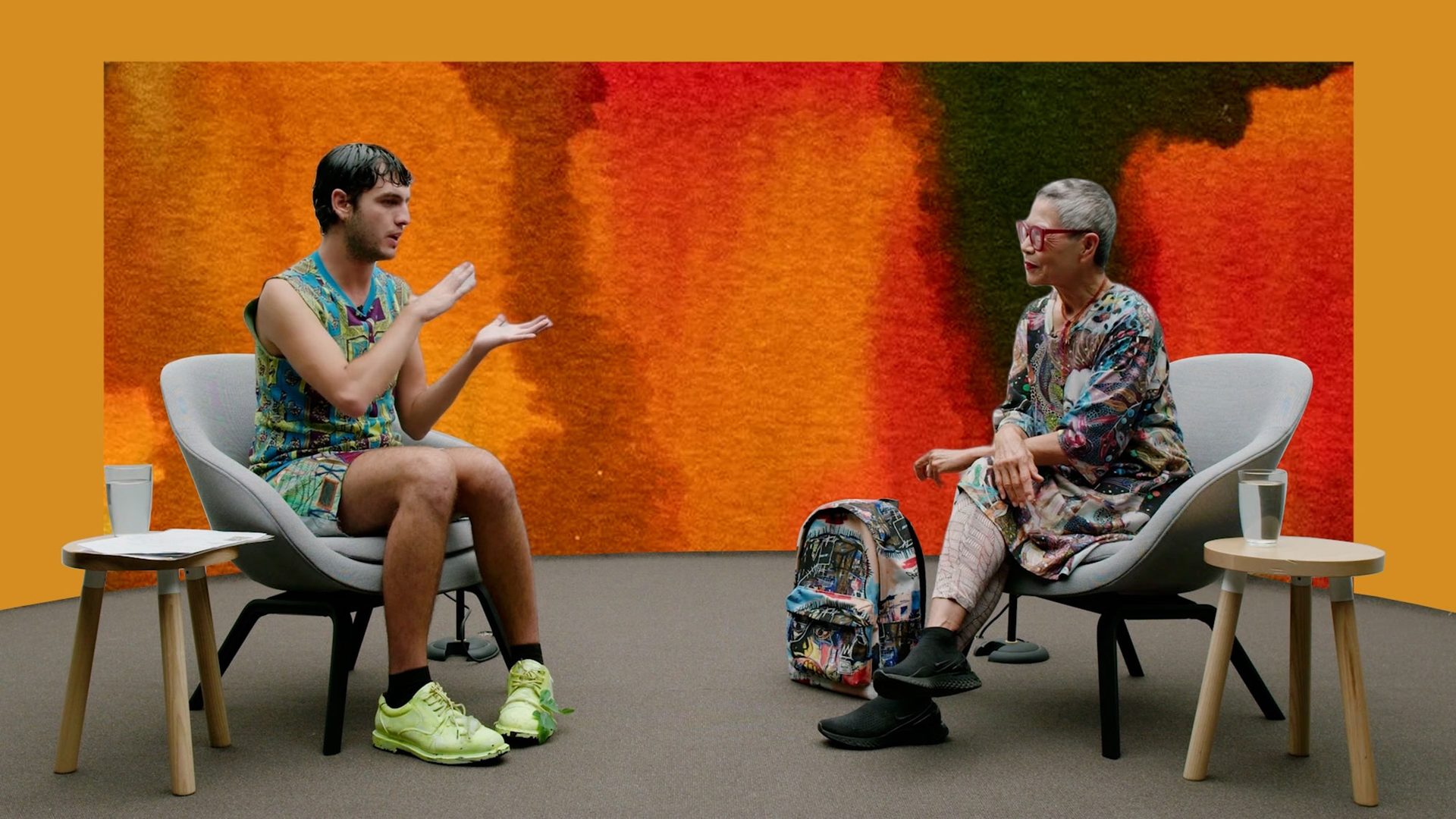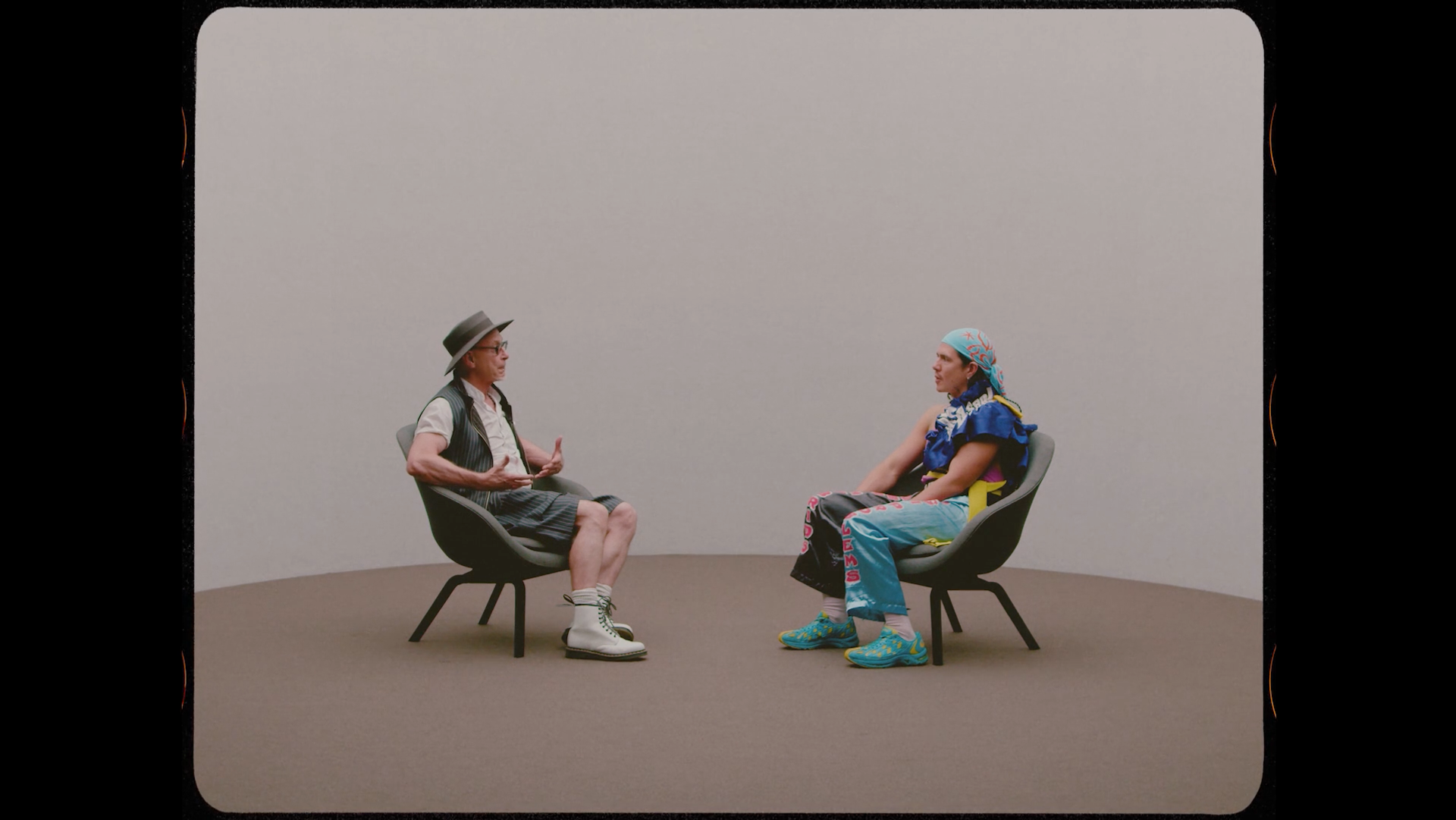Anjilla Seddeqi x Wajiha Pervez

‘At that time, I wore the hijab and I had trouble finding modest yet stylish and conservative clothes, so I began designing for myself.’
Fashion designer Anjilla Seddeqi and textile designer Wajiha Pervez discuss how their understanding of fashion is shaped by changing cultures. They also explore the pathways towards zero-waste design and the hope and innovation carried through their garments.
‘I never felt like this was something that I would do as a profession. My entire family is doctors, engineers. It's a typical South-Asian family where if you talk about going into arts, there's not automatic opposition, but there's like, “What went so wrong?”. You know, it's like, “Why are you doing this to yourself?"’
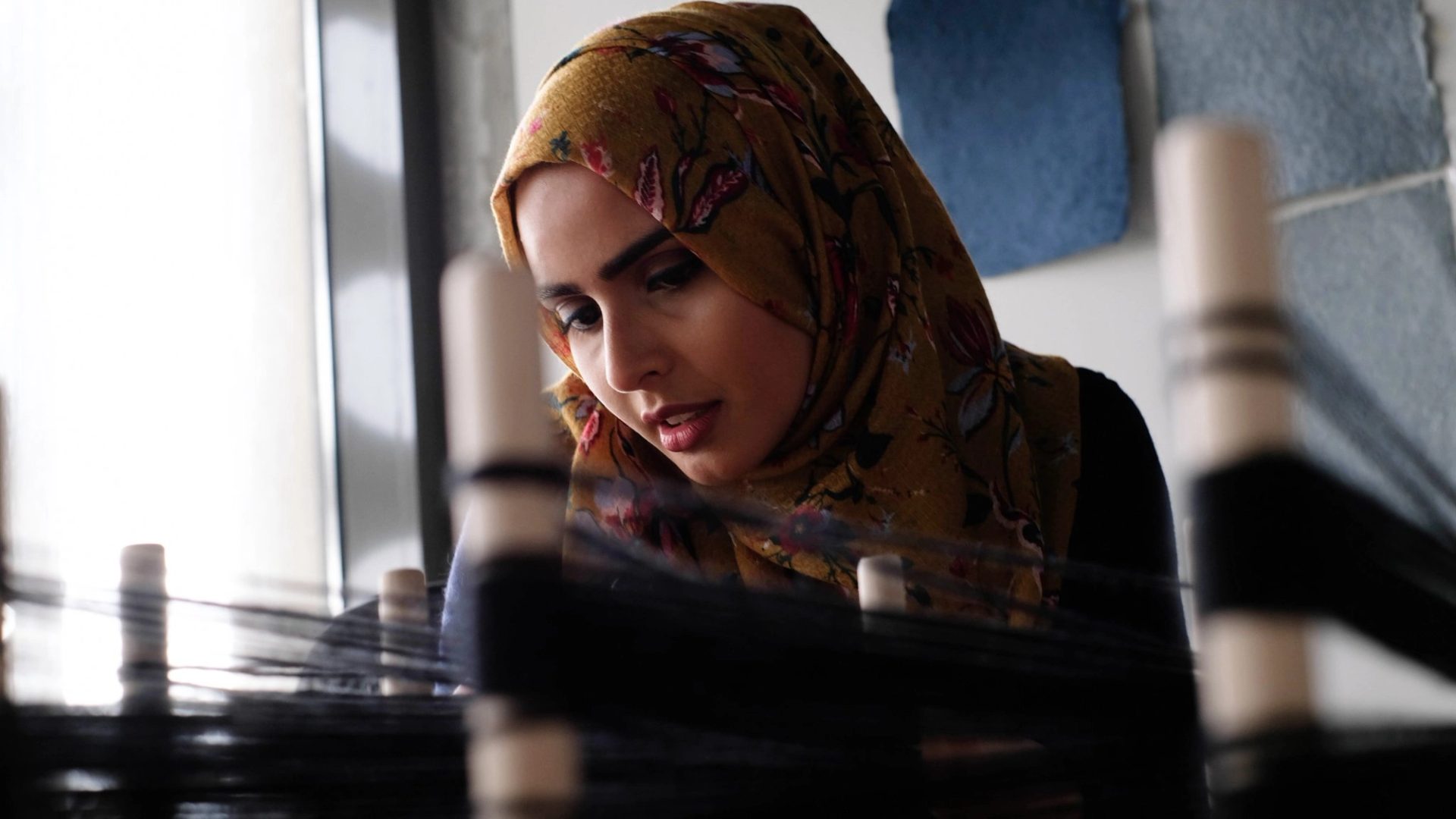
‘I am a nineties kid, and I was growing up watching the cultural shift where Westernised fashion was being brought into Pakistan, through media, through films, through advertisement. I remember the first time I saw an Alexander McQueen show. I was like, “Whoa, this is fashion?”.’
